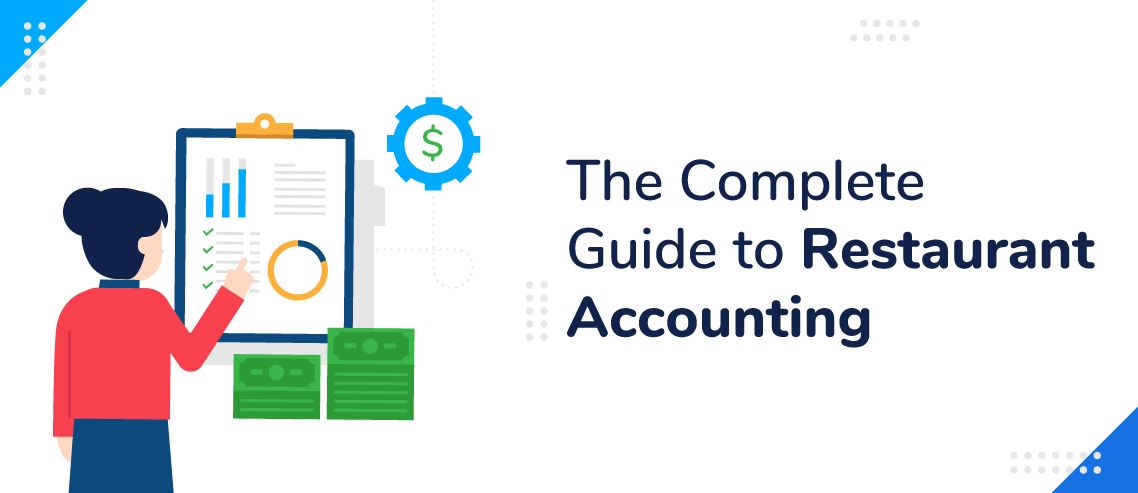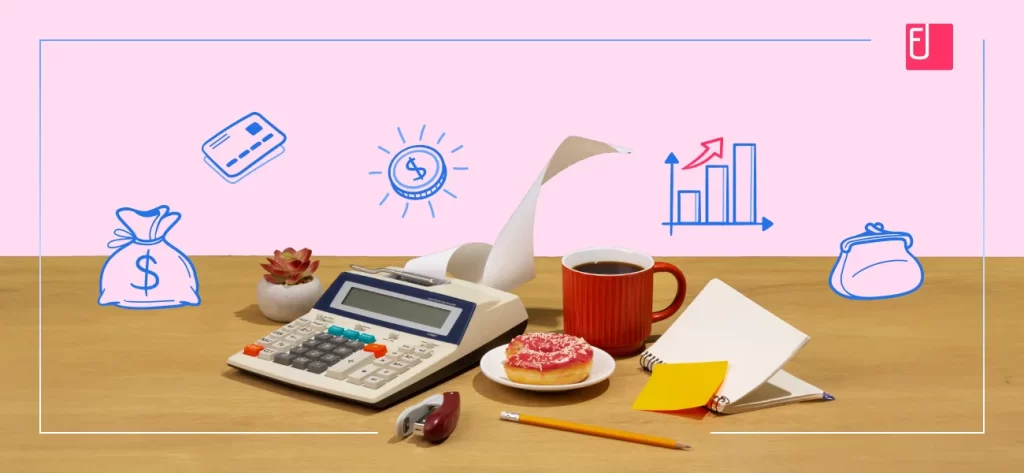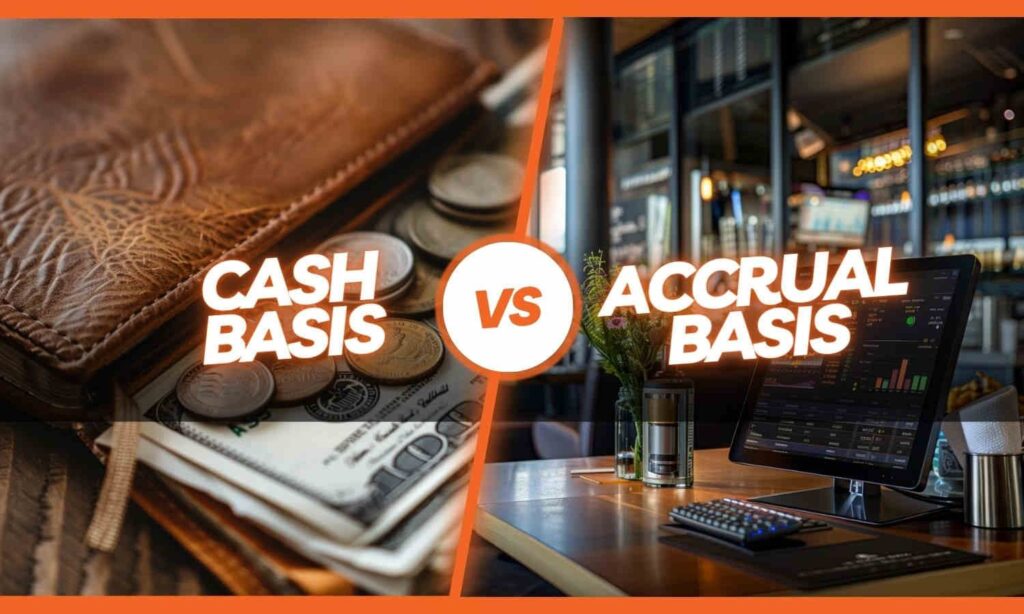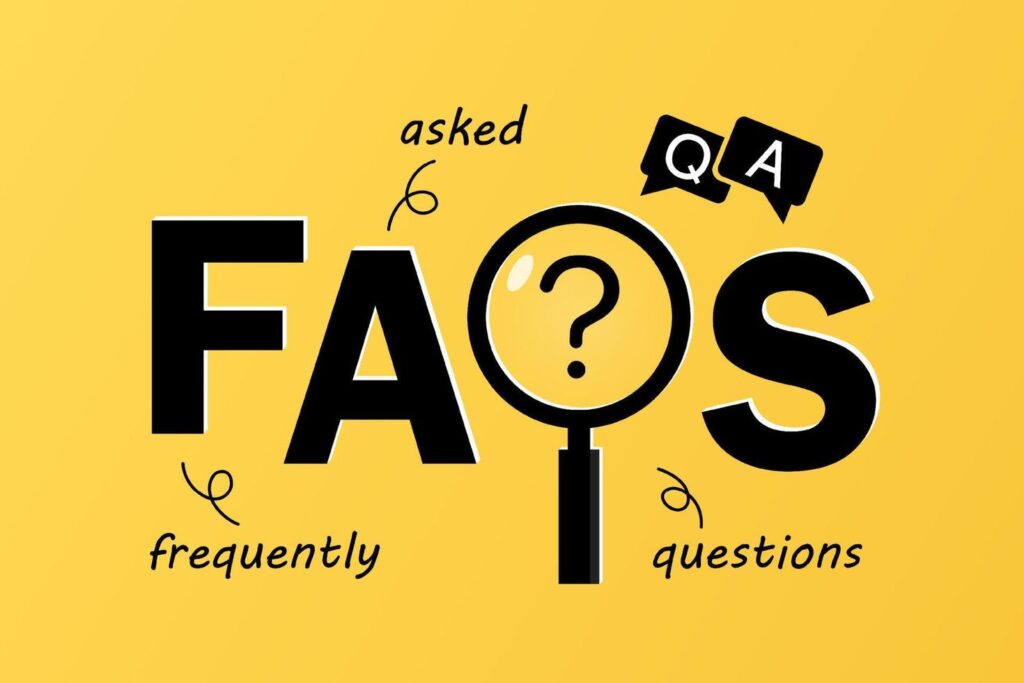What is Restaurant Accounting?
Simple Definition of Restaurant Accounting
Restaurant accounting is the process of recording, analyzing, and interpreting financial data for a restaurant. A restaurant accountant’s responsibilities typically include tasks such as recording transactions in the general ledger—the master document for capturing financial transactions. It’s essential for controlling costs, keeping track of operational finances, and ensuring your restaurant is performing well enough to hit growth goals.
Why Restaurant Accounting is Important for Every Restaurant
Restaurant accounting is crucial for the profitable operation of a food services organisation. Effective accounting procedures are essential to ensure the steadiness and durability of a restaurant’s assets, from tracking cash flow to managing expenditures and profits.
How is Restaurant Accounting Different from Regular Accounting?
Unique Features of Restaurant Accounting
Restaurant accounting encompasses all financial activities of a restaurant or restaurant group, from accurately recording purchases and ongoing expenses to creating financial reports that allow owners to make decisions quickly based on up-to-the-minute information.
Accounting vs Restaurant Bookkeeping
Restaurant accounting uses data to assess your restaurant’s financial situation and make business decisions. An accountant will create financial statements, build financial reports, and oversee the bookkeeper’s work.
Basic Methods of Restaurant Accounting
Cash Basis Accounting
Cash basis accounting records transactions when cash changes hands. It’s simpler and often used by small restaurants. However, it may not provide a complete picture of financial health.
Accrual Basis Accounting
Accrual accounting records transactions when they occur, not when cash is received or paid. This method provides a more accurate financial picture but is more complex.
Key Financial Reports in Restaurant Accounting
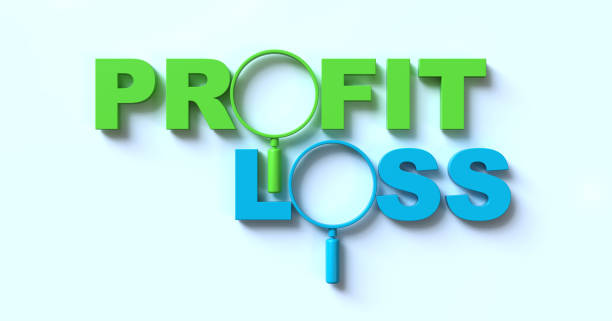
Profit and Loss Statement
The profit and loss statement shows your restaurant’s revenues, costs, and expenses over a specific period. It helps determine profitability.
Balance Sheet
A balance sheet provides a snapshot of your restaurant’s financial position, including assets, liabilities, and equity.
Cash Flow Statement
This statement tracks the flow of cash in and out of your business, highlighting how well you manage your cash flows, from operating costs to capital spending.
Daily Sales Report
Daily sales reports track daily revenue, helping you monitor performance and make informed decisions.
Prime Cost Report
A critical report for restaurants, it breaks down the combined costs of goods sold (like food and beverage inventory) and labor costs. It’s a key indicator of your financial efficiency.
Essential Bookkeeping Tasks for Restaurants
Recording Sales and Revenue
Accurate recording of sales and revenue is vital for understanding your restaurant’s financial performance.
Tracking Expenses and Payments
Monitoring expenses and payments ensures you stay within budget and maintain profitability.
Managing Payroll Records
Proper payroll management, including wages, overtime, and taxes, is essential for compliance and employee satisfaction.
Important Areas Covered in Restaurant Accounting

Payroll Services for Restaurants
Payroll probably represents the largest portion of your expenses.
Tax Preparation and Filing
Accurate tax preparation and timely filing are crucial to avoid penalties and ensure compliance.
Inventory Management
Effective inventory management helps reduce waste and control costs. Regular inventory counts and efficient inventory management can significantly reduce waste and unnecessary expenses.
POS Integration for Restaurants
Integrating your point-of-sale system with accounting software streamlines data entry and improves accuracy.
Cost Control Strategies in Restaurant Accounting
Food Cost Management
Understanding and managing food costs is essential for maintaining profitability. Calculating kitchen cost of goods sold (COGS) is calculated by adding the beginning inventory to the purchases that are sellable during a given period, then subtracting the ending inventory.
Labor Cost Management
Efficiently managing labor costs, without compromising on service quality, is key to maintaining healthy profit margins.
Inventory Cost Management
Regular inventory counts and efficient inventory management can significantly reduce waste and unnecessary expenses.
Benefits of Using Restaurant Accounting Services
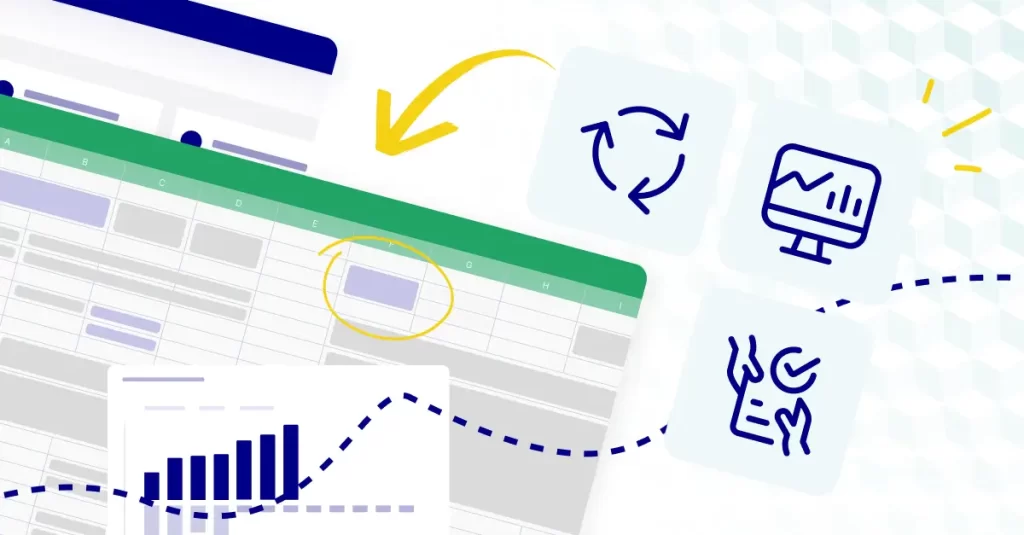
Customized Financial Reporting
Customized financial reports provide insights tailored to your restaurant’s specific needs.
Expert Restaurant Accountants
Experienced restaurant accounting specialists will also help navigate menu oversight, third-party fees, and split checks.
Time and Money Savings
Outsourcing accounting tasks can save time and reduce costs compared to maintaining an in-house accounting team.
Restaurant Accounting Software Solutions
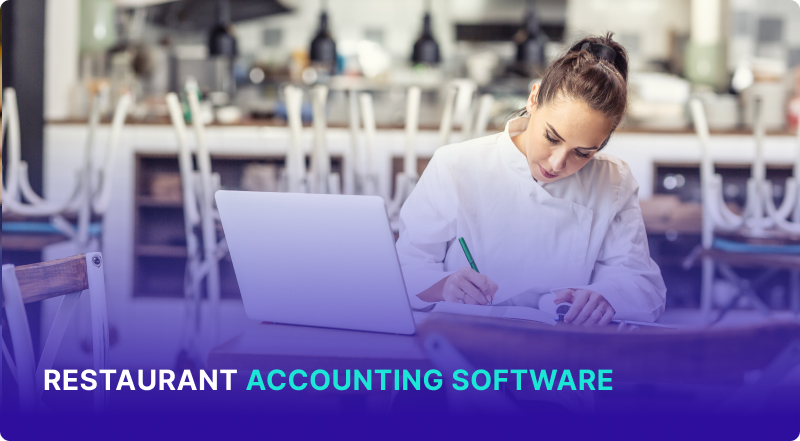
Features to Look for in Restaurant Accounting Software
Look for software that offers real-time financial insights, bookkeeping automation, and integration with your POS system.
Popular Restaurant Accounting Tools
Popular tools include QuickBooks, Xero, and specialized restaurant accounting software that offer features like payroll processing and inventory tracking.
Best Practices for Effective Restaurant Accounting
Regular Financial Review
You gotta keep those numbers in check, buddy! Reviewing your finances regularly helps you spot any problems early.
It’s like checking the oil in your car – skip it, and you might regret it later. Trust me, your future self will thank you!
Automating Bookkeeping Tasks
Nobody’s got time to do boring stuff every day, right? Automating bookkeeping tasks is your golden ticket to working smarter, not harder.
Use tools for expense categorization, credit card reconciliation, and automated daily sales reports. It’s foolproof and saves hours!
Monitoring Key Performance Indicators (KPIs)
KPIs are like a restaurant’s report card. You gotta check metrics like revenue per seat, prime cost calculation, and daily sales report.
Tracking these bad boys ensures you know exactly how your restaurant is performing every single day.
Keeping Accurate and Timely Records
Don’t sleep on this! Accurate records are your secret weapon for tax compliance and financial forecasting.
Make it a daily habit, like brushing your teeth. It’ll keep your restaurant accounting squeaky clean and stress-free.
Common Mistakes in Restaurant Accounting
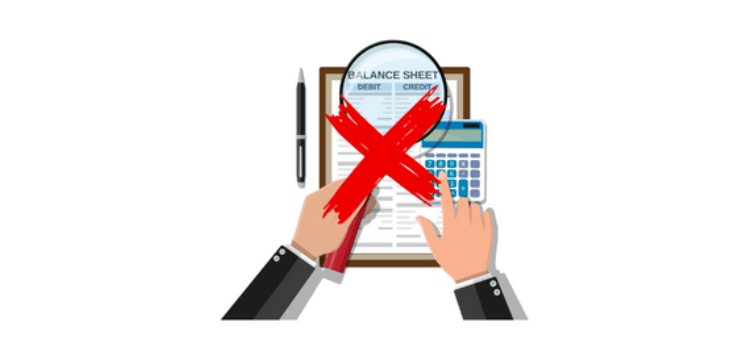
Ignoring Daily Financial Records
Missing out on daily sales reports? Oh no, that’s like driving blindfolded!
Stay sharp and stay safe by recording daily sales without fail. It’s the easiest way to avoid a financial mess later.
Mixing Personal and Business Expenses
This is a classic rookie mistake! Keep your personal coffee habit away from your restaurant’s bank account.
Separate accounts keep things clear, clean, and drama-free. Your accountant will send you virtual hugs for this one!
Poor Inventory Tracking
Poor inventory tracking is like throwing money in the trash. Literally.
Use smart inventory tracking systems to manage stock, reduce waste, and keep that food cost percentage just right.
Delayed Tax Filings
Late tax filings are bad news. We’re talking penalties, stress, and maybe even tears.
Stay ahead of tax compliance with early preparations. Filing taxes on time is way easier (and cheaper) than dealing with the IRS later!
Challenges Faced in Restaurant Accounting
Managing Cash Flow in Restaurants
Managing cash flow feels like balancing on a tightrope some days. Rent, payroll, inventory — it all adds up fast.
Stay cool by creating a cash reserve and tracking all inflows and outflows religiously.
Handling Seasonal Variations
Summer boom? Winter slowdowns? Welcome to restaurant life!
Seasonal budgeting and smart labor cost management will keep your finances in shape year-round.
Complex Payroll Management
Payroll processing in a restaurant is wild — tips, overtime, part-timers, full-timers. It’s a lot!
Outsourcing payroll services or using payroll software can save you serious headaches.
FAQs about Restaurant Accounting
What Services Do Restaurant Accountants Offer?
Restaurant accountants are lifesavers! They offer:
- Restaurant bookkeeping
- Payroll processing
- Tax preparation
- Accounts payable and receivable management
- Inventory tracking
- Financial reporting accuracy
How Often Should I Review My Restaurant Financials?
Every. Single. Month. No excuses! Monthly financial statements give you clear visibility into your business.
Weekly flash reports help keep your finger on the pulse too!
What Are the Benefits of Hiring an Accounting Service?
Hiring an outsourced accounting service is a game changer. You’ll get:
- Time savings
- Expert restaurant accountants
- Real-time financial insights
- Financial forecasting for growth
- Better tax compliance
Final Takeaways for Restaurant Owners
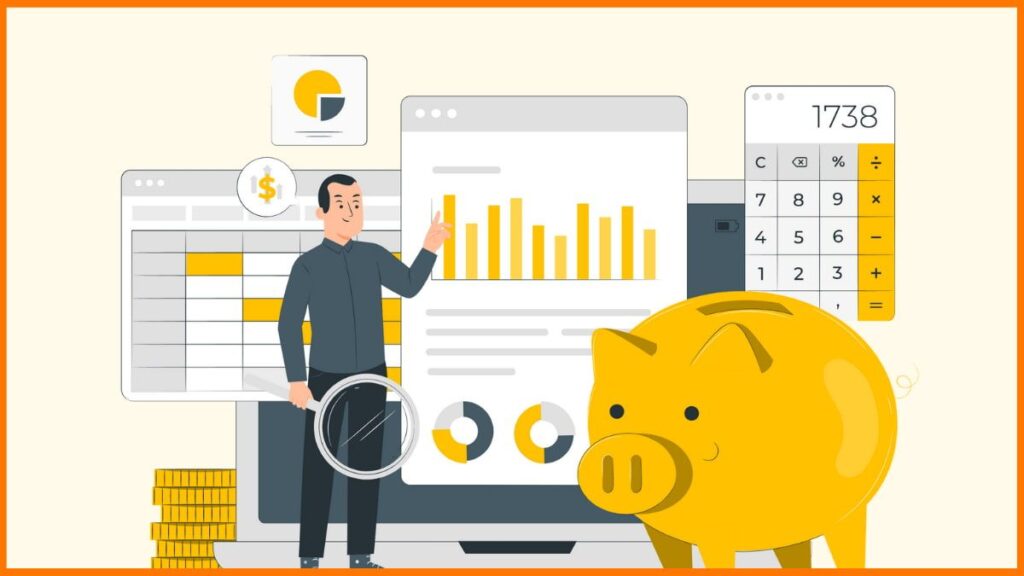
Importance of Staying Financially Organized
Restaurant accounting isn’t just about numbers — it’s about peace of mind.
Staying financially organized gives you control, clarity, and confidence to grow your dream restaurant.
Tips to Manage Restaurant Finances Easily
- Automate everything you can
- Track inventory like a hawk
- Keep business and personal expenses separate
- Regularly review profit and loss statements
- Consult with restaurant accounting pros
Role of a Professional Accountant in Restaurant Success
A great accountant is like your financial bestie. They guide you, catch mistakes early, and help you reach your goals faster.
With expert help, restaurant accounting becomes less scary and a whole lot more manageable.




